The future of remote work is changing.
Should I be worried? After all, I’ve been a remote worker for years and can’t see myself ever returning to an office. I won’t even settle for hybrid remote work.
But enough fear-mongering. The only sure way to predict the future is to look at current trends and talk numbers.
The Office for National Statistics (ONS) reports that 44% of UK workers are remote employees. Of these, 16% are full-time remote workers, while 28% are hybrid workers who split their time between the home and office.
Does that sound good? You’d think so, but no, not really.
The same report states that the number of full-time remote workers in the UK has decreased by a staggering 14%. And that’s just in one year.
Are remote workers doomed to return to the office? Join me as I examine the future of remote work. Will it continue? I sure hope so.
Ready? Let’s roll.
8 Trends Shaping The Future Of Remote Work
Here are the 8 trends shaping the future of remote work:
- Hybrid remote work is becoming the preferred work method.
- Companies are focussing on improving employee well-being.
- Freelance platforms are becoming more popular.
- Bossware will still be a thing.
- Cybersecurity will improve.
- Culture and remote collaboration are the next big trends.
- Expect more virtual interviews.
- AI will improve remote work productivity.
Ready to crunch some numbers with me?
8 Ways The Future Of Remote Work Will Change
Let’s examine the future of remote work a bit closer.
1. Hybrid Remote Work Is Becoming More Popular
Here’s something that puts things into perspective: only 3 out of 10 companies still insist on staff being on-site full-time.
That’s a big drop from the 6 in 10 ratio during the pandemic. Plus, there’s been a 10% jump in companies that promote flexible working since 2020.
What’s really awesome is that 78% of remote workers feel they’ve improved their work-life balance. And let’s be honest, a better work-life balance is just one of the benefits of remote work.
Despite the perks, only 10% of hybrid workers want to return to being fully remote.
Gartner predicts that by the end of the year, 39% of global workers will be doing some form of hybrid work.
Oh, and if you’re curious about the best day to work from home? Friday wins hands down, with 67% of us preferring to wrap up the week from the comfort of our homes.
See? I told you weekends are good for our well-being.
2. Companies Will Focus On Employee Well-Being

More companies are focusing on employee well-being.
With more companies embracing remote and hybrid remote work, there’s a new focus on employee well-being.
Need proof? A Deloitte survey highlighted that corporate executives agree that “improving employee well-being” is a crucial goal for the near future.
It’s not just a top-down thing either—employees themselves are ranking well-being as their third highest priority when it comes to transforming work life in the coming years.
This echoes what Willis Towers Watson found in their report, pointing out employee well-being as a crucial theme for HR leadership back in 2021.
But why this sudden focus on employee well-being?
According to a survey on Social Connection In Remote Work, a lot of us remote workers feel the pinch of loneliness.
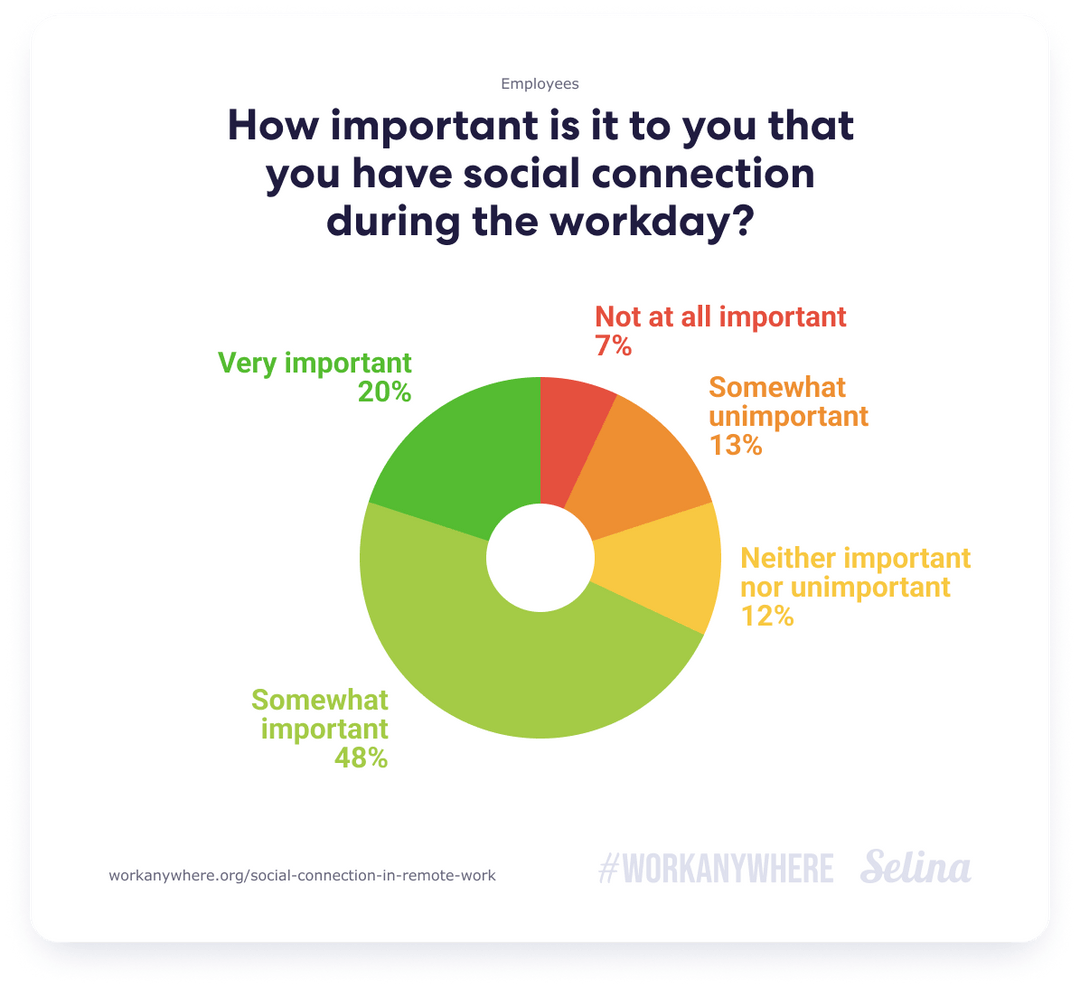
68% of remote workers think social connections are essential.
In fact, 68% of workers think that social connections at work are essential for their well-being. Yet, 55% of us still feel lonely at times.
A Slack report even found that feeling a sense of belonging at work is a struggle for many, whether newbies or old hands at remote work.
How will this drive the future of remote work? Simple.
In response to these challenges, many corporate wellness programs are now focusing on mental health.
It’s becoming big business, too—CBInsights' State of Mental Health Tech 2021 Report noted that employee mental health startups had a funding boom, with a whopping $5.5 billion raised in 2021, up 139% from the previous year!
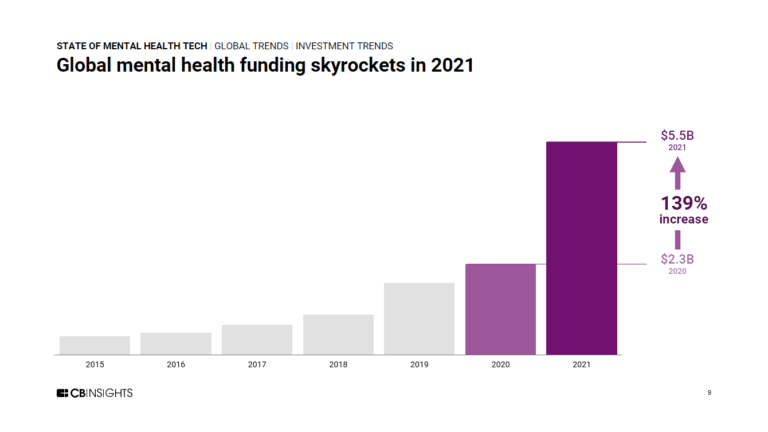
Global mental health funding went up in 2021.
However, it isn’t just the employee mental health platforms that are becoming more popular.
3. Even More Freelance Platforms

Freelancing platforms like Fiverr are becoming more popular.
Freelance platforms are becoming a big deal as companies embrace a hybrid workforce setup.
Did you know that the number of Americans freelancing has skyrocketed from 59 million in 2021 to over 73 million in 2023? That's a giant leap!
And it's not just freelancers who are driving this trend.
According to research from Harvard Business School, nearly half of senior corporate executives are betting on increasing their use of digital talent platforms in the future.
Almost 90% of them see these platforms as critical to maintaining a competitive edge going forward.
Freelance platforms’ growth has been explosive. Back in 2014, there were about 190 freelance platform companies, soaking up around $600 million in investment.
Fast forward to now, and there are more than 330 companies in this space with investments topping $1.9 billion. That’s a 75% growth in the number of freelance companies over just a decade.
Leading the charge in this bustling market are names like Fiverr and Upwork, both of which have gone public.
As of 2024, they boast a combined market cap of around $3 billion, up from less than $2 billion in 2019. Despite their dominance, the field remains dynamic, with plenty of venture capital flowing into up-and-comers with fresh business models and distinctive features.
My point is this: these platforms are reshaping how we think about employment, talent acquisition, and remote work capabilities.
My pro tip: Contact Sauce Remote to see how virtual and remote employees can reduce your wage bills while improving productivity.
Now let’s talk about a sensitive topic: bossware.
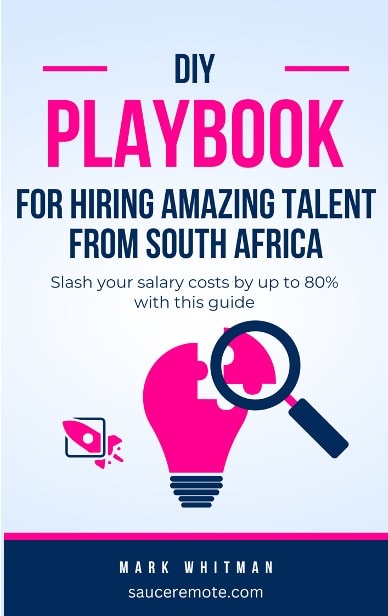
Discover how to slash your salary costs by 80%
Get our exact process for hiring amazing overseas talent from South Africa. Includes copy-and-paste templates and a detailed salary guide.
4. Companies Will Use Employee Monitoring Software More Often
Have you heard about bossware? It’s essentially software that companies use to monitor remote workers' productivity. It’s quite an eye-opener, honestly.
Since the pandemic, there's been a significant uptick in the use of this kind of technology.
A survey from September 2022 showed that a whopping 60% of employers now require employees to have monitoring software installed on their devices.
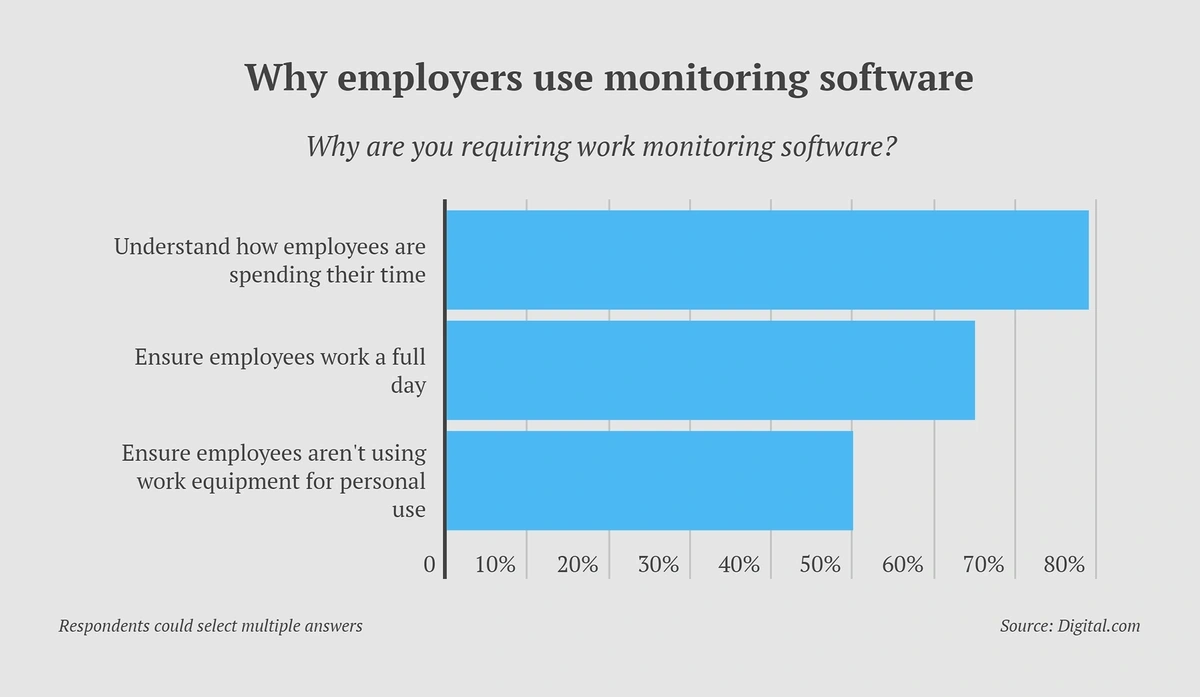
Why do employers use employee monitoring software?
But there’s more. An additional 17% are thinking about jumping on the bandwagon.
The thing is, bossware isn’t a one-size-fits-all solution. The range of bossware is pretty broad—some apps take random screenshots, others track mouse movements, or even log keystrokes.
But get this, some bossware steps even further over the line by randomly turning on the device’s microphone, webcam, or snapping photos.
A lot of these platforms use AI to analyse all this data, eventually crunching it down into a daily productivity score. Not surprisingly, many remote workers are not thrilled about being watched, and some don’t even realise it’s happening.
There’s been some pushback on ethical grounds, too.
The University of California Berkeley Labor Center released a report highlighting how these monitoring practices can strip away worker autonomy and privacy, not to mention the potential negative effects on mental health.
Currently, there’s no federal regulation on this type of monitoring, which means many employees might not even be aware that they’re being watched.
However, states like New York, Connecticut, and Delaware have taken steps to require companies to notify employees about monitoring practices.
It’s a complex issue, isn't it? And here’s the thing: bossware won’t go away anytime soon.
While we’re on the topic of software, let’s look at how cybersecurity will impact the future of remote work.
5. Increased Cybersecurity

With more remote workers, there's a need for increased cybersecurity.
With all of us tapping into work from various corners of the world, the topic of cybersecurity has never been hotter.
A global Cisco survey recently highlighted that 85% of organisations now see cybersecurity as more crucial than ever before. Interestingly, many of these organisations weren't exactly prepped for the security demands of a remote workforce.
An EY poll shed more light on this, revealing that 71% of respondents found supporting remote work to be their biggest security headache.
It’s clear that as remote work became the norm, the spotlight on cybersecurity teams has intensified significantly.
Boardrooms are also feeling the pressure. About 70% of boards now recognise the growing importance of cybersecurity, a significant jump from the 43% pre-COVID.
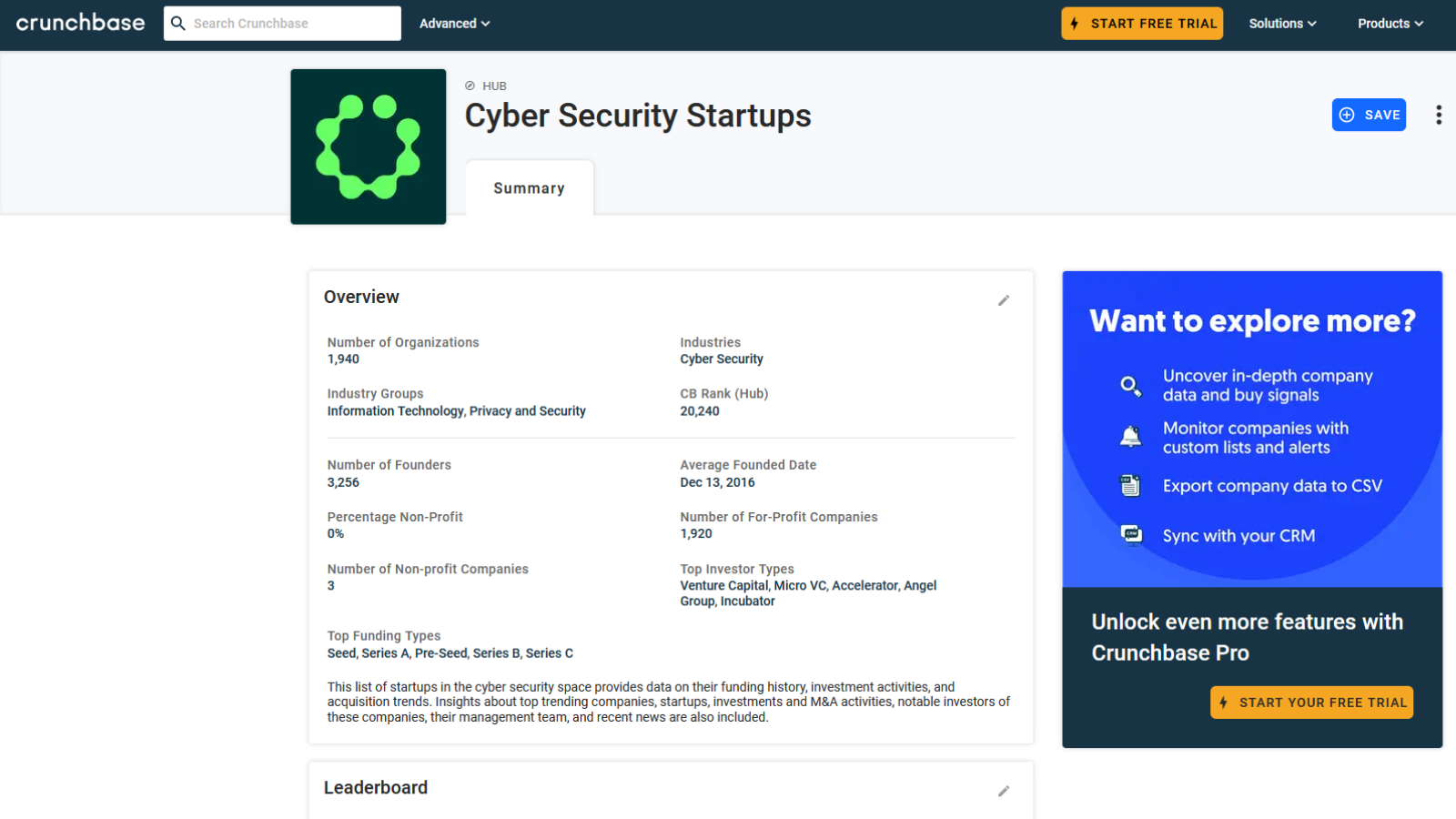
Better cybersecurity for remote employees.
Despite the crowded field, with over 1,940 startups tackling cybersecurity issues, the sector is buzzing with activity. Funding for IT security startups, especially those backed by "Smart Money", hit a record high of $11.5 billion in 2021.
6. New Focus On Culture And Collaboration
While most employees don’t view remote work as having a clear negative or positive impact on company culture, about 30% of US workers feel that long-term remote work could dampen their company culture.
This was echoed in a 2021 Society for Human Resource Management (SHRM) Omnibus Survey, where more than 66% of CEOs admitted that keeping the company culture alive is one of their top challenges with remote teams.
Right on its heels is the hurdle of fostering collaboration and communication among us when we work from different places.
A BCG survey further highlighted that many employees find it tough to keep productivity up on group projects from a home office.
Given these insights, it’s no surprise that software aimed at boosting culture and collaboration for distributed teams is getting a lot of attention.
For instance, there’s a significant buzz around online whiteboard software, with platforms like Notion and Miro.
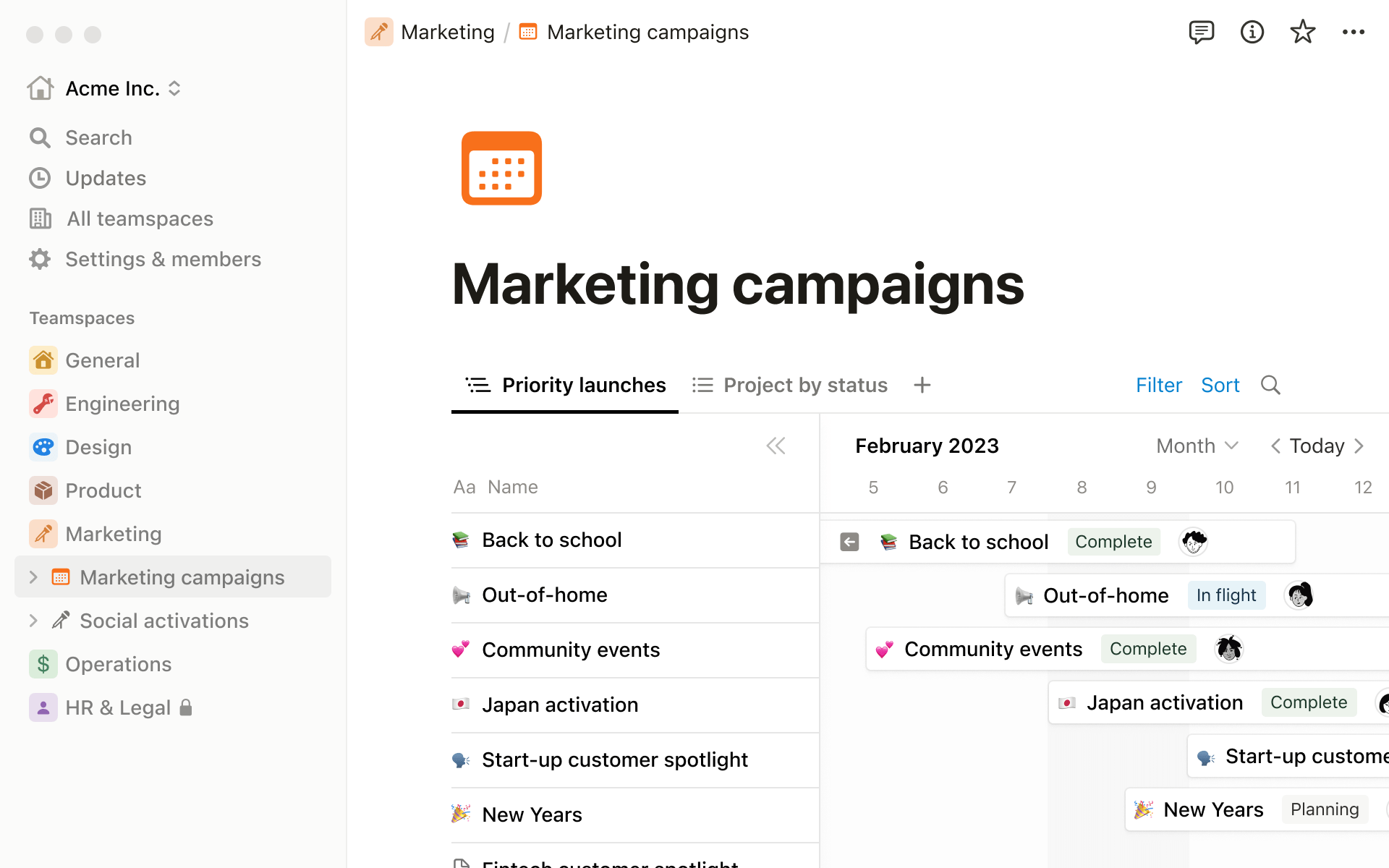
Use Notion to keep track of your projects.
My pro tip: Check out my guide on the best remote tools to see how I use Notion.
It’s clear we’re all striving to find the sweet spot where we can effectively maintain our company culture and collaboration, even when we’re miles apart.
7. More Virtual Interviews
Since the pandemic kicked off, the shift to using virtual tech for job interviews has been significant, and it looks like it's here to stay.
A Gartner poll pointed out that 86% of organisations moved to virtual recruiting when COVID-19 hit due to health concerns.
And from what I'm seeing, this wasn't just a temporary fix.
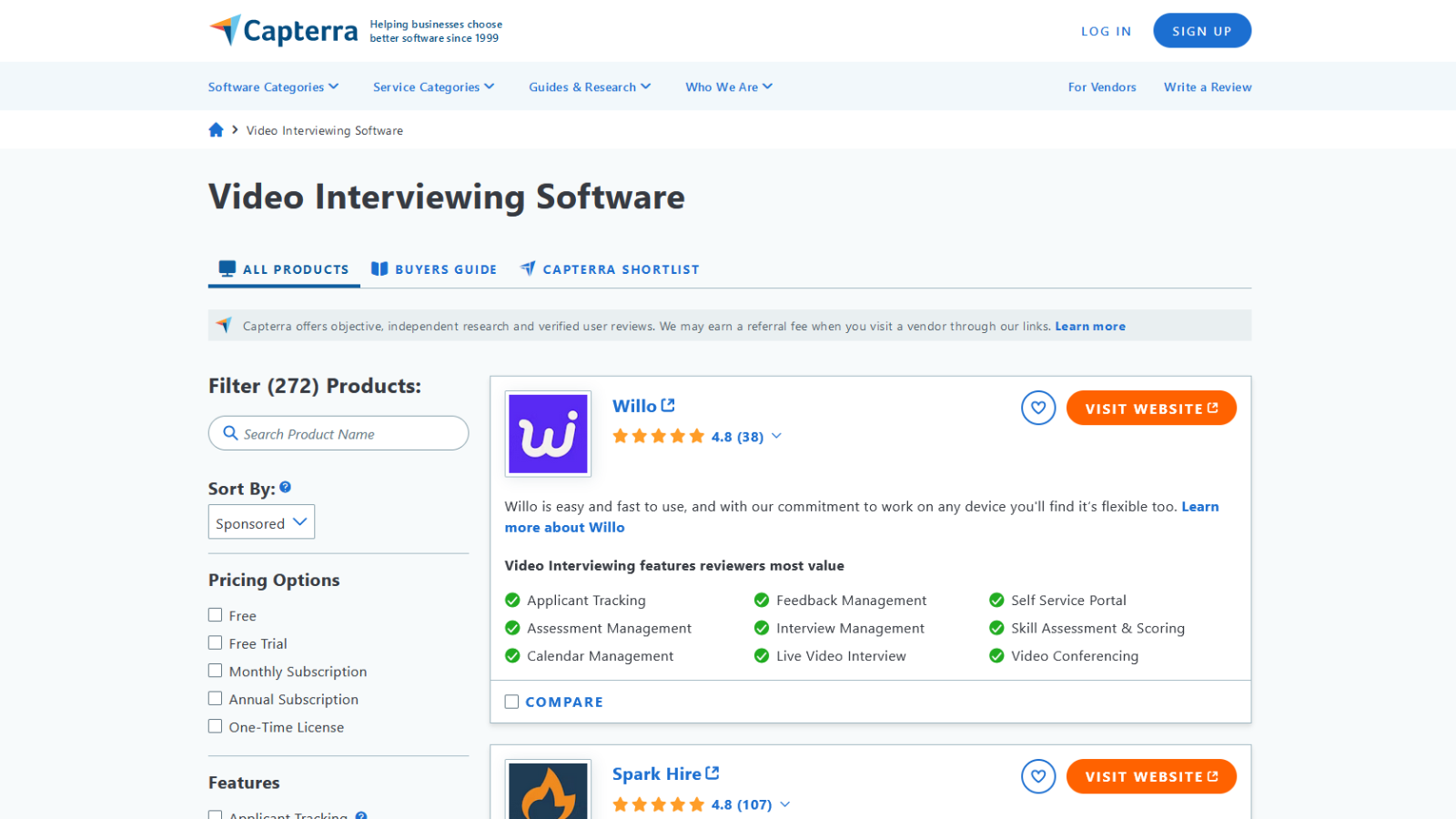
There are 274 video interviewing products on Capterra.
Another survey highlighted that 93% of those who have adopted virtual interviewing expect to continue using it.
The numbers are interesting. A Jobvite poll revealed that 61% of respondents plan to keep using both virtual and in-person methods for hiring, while 22% are going all-in on virtual.
Many business leaders are finding that remote hiring not only meets pre-pandemic success rates but also streamlines logistics, cuts costs, and speeds up the entire process.
And how do the candidates feel about this shift? Quite positive, actually!
According to a survey by RecRight, over 80% of job seekers are satisfied with having video interviews as part of their recruitment experience.
We’re even using video interviews at Sauce. Check out this candidate.
With the rise in remote interviewing, the tech supporting it is booming, too.
As of April 2024, there were over 274 products in the video interviewing software category listed on Capterra, and that number is likely to grow as more companies adopt video-based tech for their hiring processes.
It’s clear that virtual interviews have transformed how we connect with potential team members, making it easier and more flexible for everyone involved.
Now, let’s head on the final, shocking trend that will impact the future of remote work.
8. AI Improves Remote Work Productivity
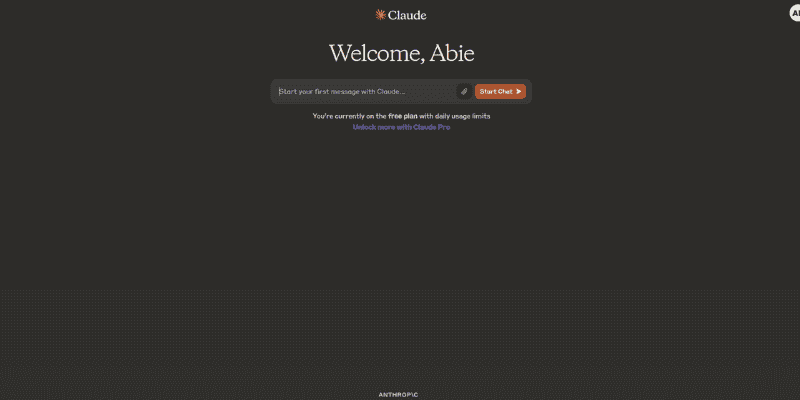
Claude is a great remote work tool if you don't like writing.
AI is poised to reshape our remote work landscape.
According to FlexJobs, the top remote-only jobs are in areas like finance, accounting, customer service, sales development, software development, and graphic design.
But here’s where it gets interesting: when you break down these jobs into specific tasks, there's a huge potential for AI to take over a lot of the routine work.
AI can take on mundane, repetitive tasks, freeing us to focus more on the creative and problem-solving aspects of our jobs. The impact is expected to be huge.
According to PwC’s 2024 Global CEOs Survey, 69% of 4,700 CEOs believe that generative AI will require most of their workforce to develop new skills within the next three years.
And here’s the kicker: AI isn’t just changing workflows; it’s enhancing them.
A recent study found that highly skilled workers using AI can see their productivity improve by as much as 40% compared to their counterparts who don’t use AI technologies.
Hire remote talent from South Africa & slash salary costs by 80%
Salaries start from £8,000 per year!
My Final Thoughts
And there you have it: 8 shocking trends that will impact the future of remote work. While some, like bossware, sound awful, others, like better employee well-being and more work opportunities, are exciting. I can’t wait for the future.
